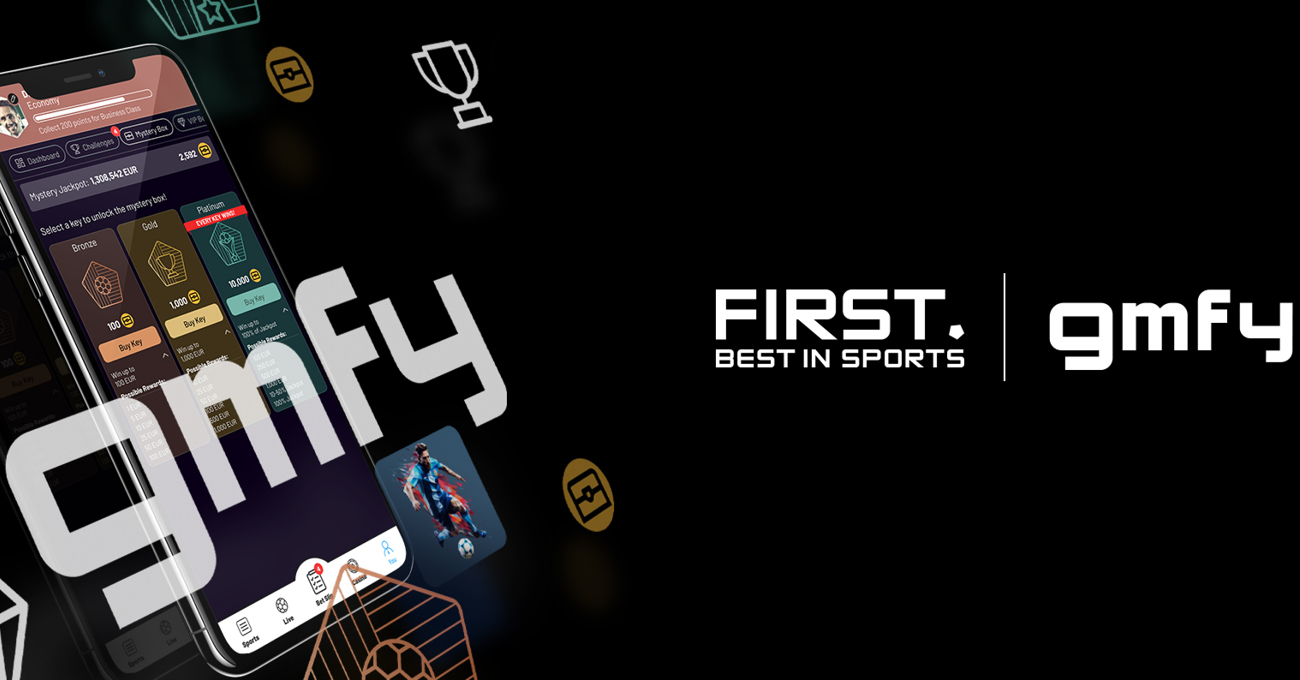Bussiness
US insurers respond as death of a CEO sparks ghoulish online glee
As he walked a footpath in central Manhattan just before the sun rose over New York, Brian Thompson suddenly fell victim to a deadly ambush.
The father-of-two had travelled from Minnesota to attend a conference for UnitedHealthcare — a huge health insurance company where he was the CEO.
Its parent company, UnitedHealth Group, is America’s fourth largest money-maker, after Walmart, Amazon and Apple.
It was set to present investors with a revenue forecast for the coming year of $US450 billion ($705 billion).
CCTV shows Thompson, 50, approaching the doorway of the conference venue, the Midtown Hilton hotel, at 6:45am.
Suddenly, a man wearing a black hoodie appears in the corner of the frame.
He raises a gun, which appears to be fitted with a hitman-style silencer, aims at Thompson and fires two rounds.
The suspect is seen outside the Hilton, shooting at Mr Thompson. (Reuters/NYPD News)
Ignoring a bystander as she runs away, the gunman approaches Thompson, who is lying on the footpath. He shoots him again. Then, he dashes across the street.
Investigators said the suspect ran through an alley, got on an e-bike, and cycled into Central Park.
On Friday, local time, police said they believe he caught a cab to a bus station, where he likely boarded a bus and left New York City.
But, according to local news reports, he left behind a message.
Investigators found three words written on bullet casings found at the murder scene.
“Deny.” “Defend.” “Depose.”
The NYPD released this image of a man wanted for questioning. (Supplied: NYPD)
Three words
The words appear to be a reference to a phrase commonly used in conversations about America’s health insurers.
“Delay, deny, defend” is a three-word summary of the tactics insurers are said to use to avoid paying out clients. Delay dealing with a claim, deny payment, and defend the decision in court.
Unlike Australia, whose citizens are covered by Medicare, the US does not have universal public health insurance.
Most Americans are reliant on their employers for insurance. Individual private insurance is costly.
But without the help of an insurer — or even with cover — a serious injury or illness can send a patient and their family broke.
A fifth of insured adults aged 18-64 incurred unaffordable out-of-pocket costs for healthcare in 2020, according to the non-profit Commonwealth Fund.
Healthcare bills are now the number one cause of personal bankruptcy in the US. The Consumer Financial Protection Bureau says about 100 million Americans owe medical debt of more than $US220 billion ($345 billion).
Flags were flown at half-mast outside the company’s Minnesota office. (Reuters: Eric Miller)
In some corners of the internet, Thompson’s death was ghoulishly celebrated in gleeful posts that have both attracted outrage and been sent viral. And social media was flooded with stories of healthcare claims denied by insurers.
Columbia University professor Anthony Zenkus, in an X post that’s been liked more than 100,000 times, wrote: “Today, we mourn the death of United Healthcare CEO Brian Thompson, gunned down … wait, I’m sorry — today we mourn the deaths of the 68,000 Americans who needlessly die each year so that insurance company execs like Brian Thompson can become multimillionaires.”
Michael Tuffin, the president of insurance industry group AHIP, said he condemned “any suggestion that threats against our colleagues – or anyone else in our country – are ever acceptable”.
“The people in our industry are mission-driven professionals working to make coverage and care as affordable as possible and to help people navigate the complex medical system,” he wrote on LinkedIn.
While police say the motive for the killing remains unclear, it also sparked a bigger conversation — about how anger at the system had reached a point where someone might think there’s justification for murder.
A maligned industry
The phrase “delay, deny, defend” gained prominence in 2010 as part of a book title – Delay Deny Defend: Why Insurance Companies Don’t Pay Claims and What You Can Do About It.
In the book, law professor Jay Feinman argued America’s top insurers began employing these tactics in the 1990s.
Many of them worked with the same consulting firm, McKinsey & Company, to develop new strategies for handling claims.
Computer systems were designed to generate lowball offers for clients, who were given “take it or litigate” ultimatums.
“The claims department became a profit centre rather than a place that kept the company’s promise,” Feinman wrote.
The “person of interest” seen inside a Manhattan hostel. (Supplied: NYPD)
Years later, after Hurricane Katrina devastated parts of south-eastern America in 2005, the state of Louisiana took on McKinsey and the insurers it worked with.
As summarised in a later appeals court decision, the state argued McKinsey:
“…engineered a strategy that undervalued insurance claims, allowing insurance companies and their shareholders to reap the profits. Initially, McKinsey advised insurers to stop ‘premium leakage’ by undervaluing claims using the tactics of ‘deny, delay, and defend;’ as a result, many insurers began hiring McKinsey…”
The state was ultimately unsuccessful, and the case was dismissed.
But there’s evidence such practices persist, including in health insurance. More recently, the use of AI-driven algorithms has compounded the controversy.
Last year, the families of two UnitedHealth clients sued the company, claiming it used an AI model with a 90 per cent error rate to override doctors’ decisions to provide care to patients.
At the same time, an investigative piece in online medical publication STAT News outlined how UnitedHealth staff were pressured to follow an AI algorithm’s calculations on when to cut off rehabilitation care for elderly patients.
Staff reportedly faced discipline or termination if they didn’t cut off the care, even if ongoing care was actually covered.
UnitedHealth has argued it employs AI for guidance, rather than ultimate decision-making. AI and machine-learning are used “as inputs in the decision-making process [combined] with inputs from patients, providers, experts and partners”.
McKinsey has a policy not to publicly discuss work it does for clients, and did not respond to the ABC’s request for comment.
Shockwaves through sector
The killing has now prompted a reassessment of the security risks facing senior figures across the US health insurance sector.
Thompson’s loved ones said they were “shattered” by the “senseless” killing.
Brian Thompson was about to attend an investor meeting when he was shot. (AP/UnitedHealth Group)
“Brian was an incredibly loving, generous, talented man who truly lived life to the fullest and touched so many lives,” the family said in a statement.
His employer said it was “saddened and shocked” by his death.
“Brian was a highly respected colleague and friend to all who worked with him,” UnitedHealth Group said. “We are working closely with the New York Police Department and ask for your patience and understanding during this difficult time.”
UnitedHealthcare has taken down the online biographies of its leadership team, while other companies, including major insurer CVS Health, have removed photos of their executives from their websites.
Minnesota-based healthcare firm Medica temporarily closed its office buildings in multiple states, “out of an abundance of caution” for its employees.
The UnitedHealth Group has also stepped up security for its staff. Police in New York say Thompson was not being accompanied by bodyguards when he was shot.
“We have increased security at our campuses in Minnesota, in addition to sites in Washington DC and New York City areas,” CEO Andrew Witty said in an email sent to staff and obtained by CNN.
Before his death, Thompson had a relatively low public profile.
But some of America’s biggest companies spend millions of dollars per year protecting their senior executives, particularly those who are the public faces of their organisations and are more likely to become the subject of threats.
Social media giant Meta, for example, reportedly spent $US24 million ($37 million) last year on security for CEO Mark Zuckerberg and the company’s former chief operating officer.
The company said the Facebook founder was “synonymous with Meta and, as a result, negative sentiment regarding our company is directly associated with, and often transferred to, Mr Zuckerberg”.
Still on the run
Three days after the killing, the suspect remains on the run from authorities.
Police in New York are still scouring surveillance footage from across the city, and the CCTV images of a “person of interest” are being frequently flashed over US news networks.
Local media outlets are also quoting unidentified law enforcement officials as saying the suspect is believed to have used a fake ID to book into an Upper West Side hostel, after arriving in New York last month on a bus that originated in Atlanta.
They’re also reporting that possible DNA evidence is now being tested in the hope it could provide a major breakthrough in the case.
“We are on the right track,” the city’s mayor, Eric Adams, said. “We’re going to bring this person to justice.”










